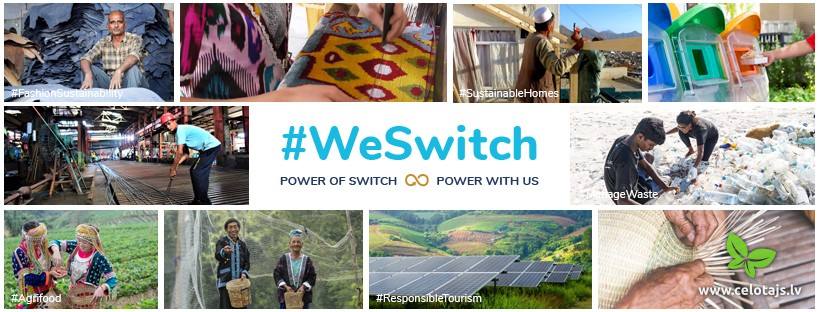The information campaign of the SWITCH-Asia program has started
09/18/2020
We continue to work on the project “A model for sustainable tourism in Central Asia: Building capacities, creating awareness, introducing technology” (MOST). The project aims at promoting a new and well-structured model for sustainable tourism in Uzbekistan, Tajikistan and Kazakhstan that can contribute to preserving and strengthening local culture, heritage and traditions, while also protecting the natural environment. The former Soviet Asian States present considerable opportunities to become a major tourist destination in the way of unique cultural, historical, archaeological, and natural attractions. Uzbekistan, Kazakhstan and Tajikistan have strategically utilized tourism for driving economic growth. However, the sector faces a lot of problems and challenges, such as underdeveloped infrastructure, low standard services to the tourists and high prices. Given that the tourism sector in these countries is still under-developed but with very high potential, the setting of a sustainable tourism model is very crucial.
In this project we, “Lauku ceļotājs”, provide the Central Asian countries with our knowledge about sustainable tourism: its preconditions and opportunities; recommendations for sustainable tourism planning; how to work together to develop and support this type of tourism; how to raise awareness among local people and tourists about green and environmentally friendly lifestyle; what rules and regulations (economic, social, etc.) must be taken into consideration or are necessary for the development of this type of tourism; what aspects must be taken into consideration when planning the sustainable use of resources etc.
The EU-funded SWITCH-Asia program has also launched a 12-month information campaign to raise awareness of current issues such as waste management/plastics, agri-food/food waste, sustainable housing, fashion sustainability and more. The aim of the campaign is to inform and educate as well as encourage everyone to act more responsibly in their daily choices. More useful information, tips and advice can be found on the program's social networks:
More about the MOST project: https://mostcentral-asia.eu


